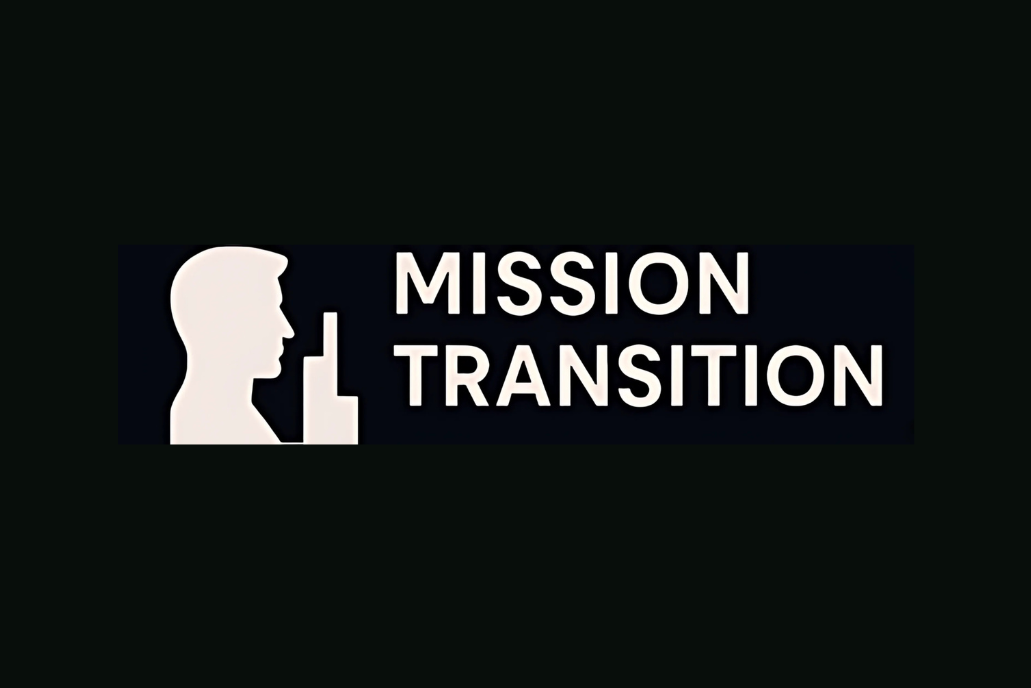In a world where global security is shifting by the day, the UK and US are doubling down on their commitment to NATO, Ukraine, and collective defence investment. In their first official call, UK Defence Secretary John Healey and his US counterpart Pete Hegseth reinforced the “special relationship” between the two nations, discussing Russia’s ongoing aggression and the urgent need for increased defence spending.
Strengthening the NATO Shield
Speaking in Parliament on 10 February, Healey highlighted the strategic importance of his conversation with Hegseth, stating:
“We discussed the importance of all NATO allies doing more, including on defence spending. I look forward to meeting Secretary Hegseth this week at the meeting of NATO Defence Ministers.”
According to a US Department of Defense readout, the two leaders focused on bolstering NATO’s military readiness and expanding transatlantic defence industries. Both agreed that a strong industrial base is critical to ensuring the alliance can respond swiftly to security threats.
Ukraine at the Heart of the Conversation
With Ukraine’s resilience against Russia’s prolonged assault hanging in the balance, MPs pressed Healey on how the UK intends to help Kyiv achieve victory.
Wendy Chamberlain, MP for North East Fife, challenged the Defence Secretary in the Commons:
“Can the Secretary of State assure me that he will use the upcoming Munich Security Conference to determine with allies the best way of ensuring Ukraine’s victory?”
Healey was resolute, confirming that the new US Defence Secretary was already prioritising strengthening alliances and boosting defence spending for Ukraine.
“The new US Defence Secretary is spending his third full week in office in Europe. He has made it clear that he wants to discuss how to strengthen alliances, how to expand our defence industries on both sides of the Atlantic, and how to boost allied defence spending, including on Ukraine.”
The NATO Plan for Russia
With concerns over Russia’s military posture growing, Labour MP Chris McDonald pushed for clarity on NATO’s next moves.
“In the face of wider Russian aggression, could [the Secretary] expand on what conversations he has already had with NATO counterparts about how NATO can respond appropriately to the threat from Russia?”
Healey pointed to NATO’s united front, reaffirming that every European ally is stepping up. He also revealed that he would be chairing the Ukraine Defence Contact Group, a coalition of 50 nations working together to coordinate military aid for Kyiv.
“This Wednesday I will have the privilege of chairing the Ukraine Defence Contact Group… because we must stay with Ukraine for as long as it takes.”
What’s Next?
As the world watches tensions with Russia continue to escalate, both the UK and US remain committed to strengthening NATO’s defences, increasing support for Ukraine, and expanding transatlantic military cooperation. With the Munich Security Conference and NATO Defence Ministers’ meeting on the horizon, decisions made in the coming weeks could shape the future of Euro-Atlantic security.
